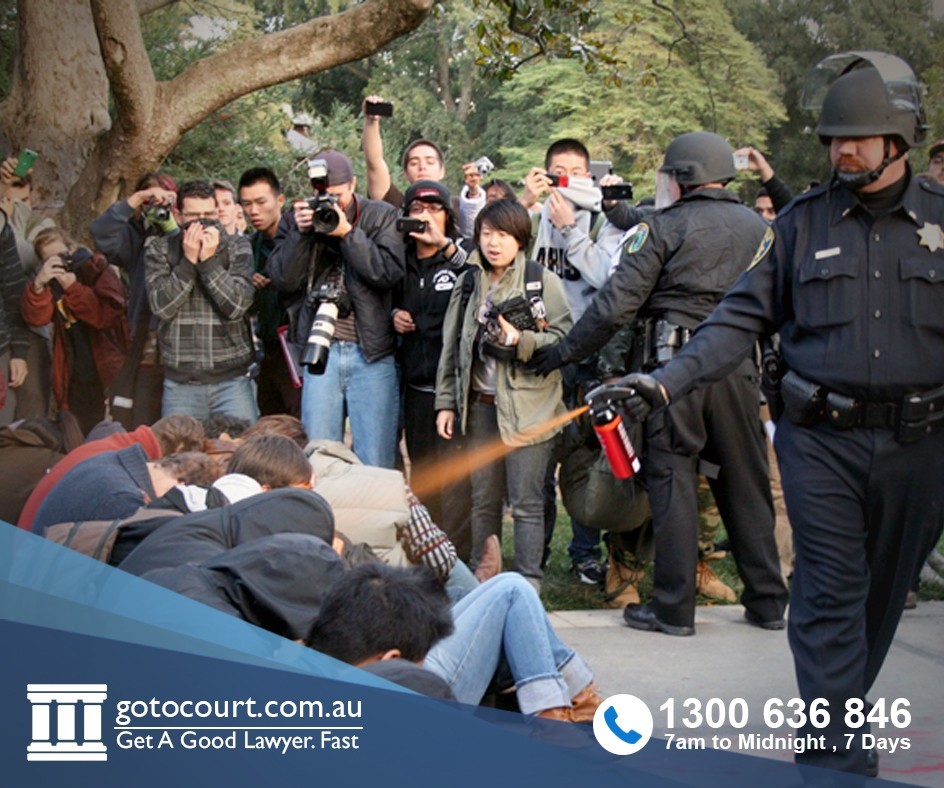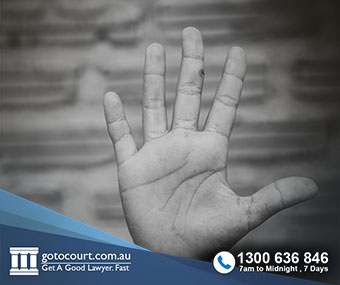Youth Detention (ACT)
The ACT’s youth detention centre is Bimberi Youth Justice Centre. It houses children and young people between the ages of 10 and 21, who have been remanded or sentenced to detention. The centre is operated by the Department of Community Services, which has produced a Charter of Rights for Young People in Bimberi, which sets out the rights and responsibilities of young people while in the centre.
Age of criminal liability
The age of criminal liability in the ACT is 10. This means that a young person who is 10 or older can be arrested or summonsed and charged with criminal offences.
When a person who is aged between 10 and 18 is charged with offences, the matter be generally be dealt with in the Children’s Court. However, where the offences are serious indictable offences, the matter will have to go through a committal hearing and be finalised in the Supreme Court.
If a child below the age is 10 commits an act that would be a criminal offence is committed by an older person, this will be dealt with outside of the criminal justice system, such as through parental discipline or counselling.
Bail and remand
When a young person is charged with criminal offences, the police may grant them bail. If bail is not granted by police, the young person must be brought before a court as soon as possible. The court may either grant bail or remand the young person in detention.
Bail is generally granted where the young person does not pose an unreasonable risk to the community and is likely to attend court to answer their charges. The court will consider all the circumstances of the alleged offending and of the young person before deciding whether to grant bail. Under Section 23 of the Bail Act 1992, the court must always consider the best interests of the child as a primary consideration.
If the young person is refused bail, they will be held in youth detention until their charges are finalised (or until they are granted bail). Young people who are held on remand must be presumed innocent and must not be detained as a punishment.
Detainees who become adults
A young person who becomes an adult whilst serving a sentence in youth detention may be transferred to an adult prison on the order of the director-general. However, this must only occur where the transfer is in the interests of the detainee or in the interests of other detainees.
In deciding whether such a transfer is in the interests of the detainees, the director-general must consider:
- the young person’s views and wishes
- their maturity and history
- their developmental capacity
- the time they have remaining to be served
- their behaviour in detention
- whether they are likely to be vulnerable in prison
- the availability of suitable programs and services in prison
- where they are more likely to be rehabilitated
Treatment in youth detention
Section 138 of the Children and Young People Act 2008, young people in detention must:
- have their human rights respected and protected
- be treated decently and humanely
- not be subjected to torture or other cruel, inhumane or degrading treatment;
- not be further punished by the conditions in detention;
A young person’s detention must promote their rehabilitation and reintegration into society.
Youth detention centres must also meet the minimum standards set out in section 142 of the Children and Young People Act, including ensuring the provision of adequate food and drink and suitable clothing to detainees.
Convention on the Rights of the Child
Australia is a signatory to the Convention on the Rights of the Child, which contains rights protections for children in detention. Article 37 of the Convention provides that children held in detention must be treated with humanity and respect and in accordance with the needs of a person of their age. It also provides that children who are detained must be separated from adults who are detained and must have prompt access to legal assistance.
If you require legal advice or representation in a criminal law matter or in any other legal matter please contact Go To Court Lawyers.





